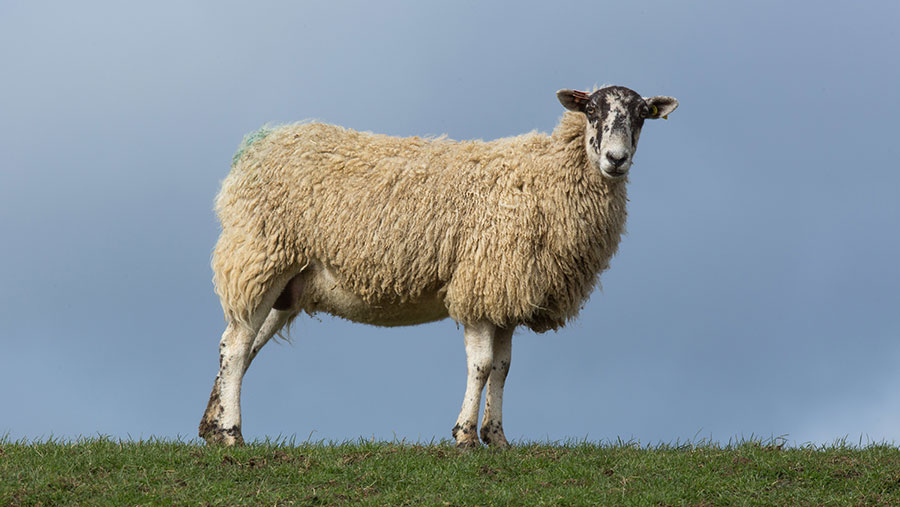Opinion: I’m sick of nonsense and hyperbole in farm debates
 © Tim Scrivener
© Tim Scrivener Oh to be in England now that spring is here.
With the shooting season now a fading memory, the anguished echoes of Britain’s last expiring lapwings give way to the sound of a thousand diesel engines erupting into life, spewing their sullying noxious emissions into the clear spring air.
Britain’s arable farmers, having returned from a restorative week or three in the French Alps, are once again filling up their spray tanks in anticipation of this year’s campaign to systematically poison the nation’s food supply in pursuit of profit while, relentlessly destroying the countryside that they so clearly abhor.
See also: Farming needs bold renegades
Green and pleasant land
 David Alvis is managing director of Yorkshire Dairy Goats
David Alvis is managing director of Yorkshire Dairy GoatsMeanwhile, their equally malign pastoral brethren prepare to unleash a new generation of that most virulent of environmental menaces, the sheep, on to the hills and pastures of not just England’s green and pleasant land, to scour the earth of any form of vegetation that might offer the merest soupçon of sustenance to the country’s oppressed wildlife.
And while their masters go about their ghastly business, the NFU –those sycophantic vassals of this unholy alliance of rural miscreants – hectors government on their behalf, their grubby hands outstretched, cynically proffering bottomless begging bowls in anticipation of ever more public money to sustain their apocalyptic practices.
Nonsense? Yes. Hyperbole? Certainly. But however ridiculously one-eyed a caricature of British farming this might seem, every slight contained within it has, in the past few months, been widely and openly promulgated in the mainstream and social media by prominent environmentalists.
As the world seemingly resigns itself to the “post-truth” era, upping the ante in terms of environmental doomsaying is fast becoming de rigueur for an environmental lobby emboldened by the prospect of some kind of a post-Brexit ecological enlightenment.
Nothing epitomises this more than the hysteria surrounding the as yet undetermined fate of glyphosate.
Last year I, naively as it turns out, suggested the arguments for banning this most benign of agrochemicals had finally been put to bed by the World Health Organization and European Food Safety Authority.
Both had categorically stated that, based on the overwhelming balance of evidence, there was no risk posed to human health from any realistic level of exposure to the chemical or its residues in food, water or the wider environment.
How wrong I was. Now, it seems, outdated or discredited “science” published in low-impact, open-access journals with questionable peer-review processes assumes a whole new level of credibility when presented via social media by celebrity environmentalists or badger-cuddling broadcasters.
For me, the nadir of this ludicrous saga was the recent tweeting by the Soil Association of an anti-glyphosate petition link, accompanied by a photo of a field of wheat, glowing iridescent yellowy-green in the immediate aftermath of what appeared to be an application of Roundup.
Challenged
When challenged over the picture by a farmer who was a former photographer and who considered the colours to be “so totally out of line with reality”, the SA’s policy director, in a rather mealy-mouthed way, said that the picture was not fake but conceded the “colour is odd but definitely not doctored”. The tweet remains online, unaltered.
I would normally have laughed this off as merely nonsense from an organisation that was championing “alternative facts” long before they became fashionable. But when, only days later, I received a consumer enquiry from my milk buyer regarding the extent of glyphosate use in the production of feed crops used on the farm, it dawned on me that we are potentially sleepwalking into a disaster here.
The scale and extent of public misinformation in this debate is staggering, yet it continues largely unchallenged on a daily basis.
Forget post-CAP subsidies and free-trade deals – if we’re not careful we’ll have nothing left to trade apart from lapwings before long.

